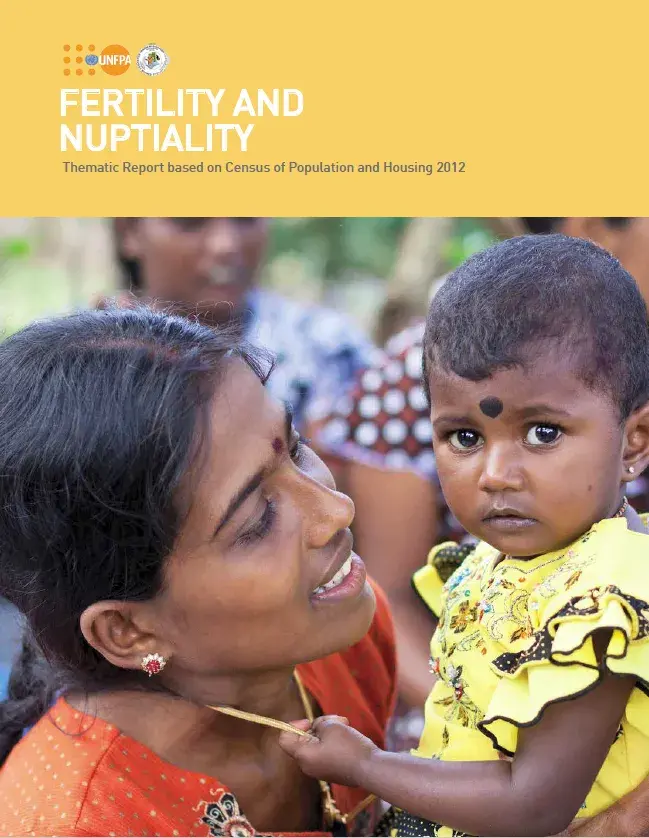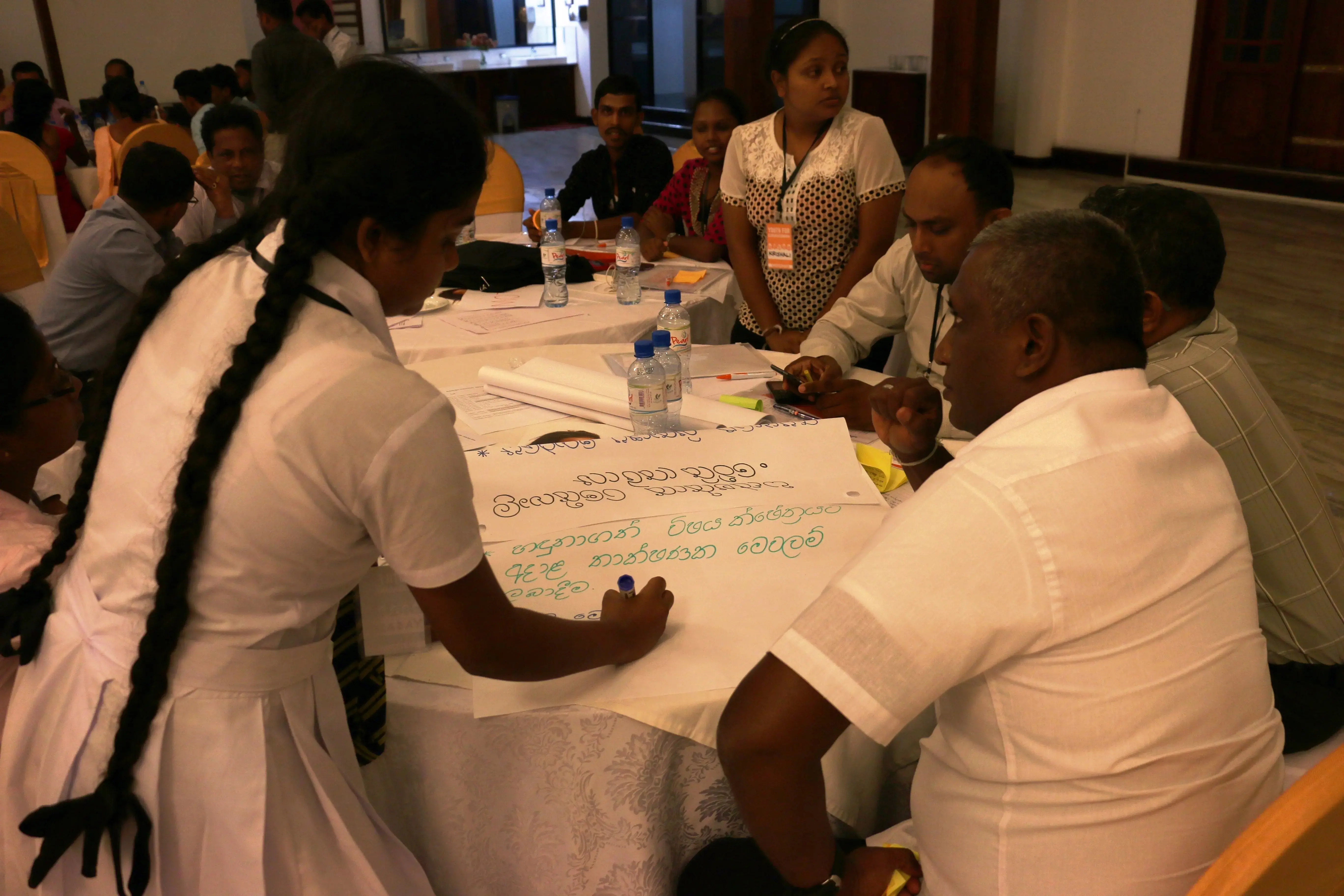Sri Lanka is an outlier among the South Asian countries in many respects due to its comparatively advanced socioeconomic achievements, resulted from several decades of welfare policies, particularly targeting education and health. Prevalence of a high level of literacy and health status equally among males and females, compared to almost all South Asian countries makes Sri Lanka different from other countries. A substantial change in the demographic components, particularly in the fertility behaviour, has been observed during the last two decades, which is of high relevance to policy formulation and implementation in Sri Lanka. This thematic report is an assessment of fertility and nuptiality changes together with an analysis of factors that have contributed to the overall change by utilizing data from 2012 Population and Housing Census and Demographic and Health Surveys of the country.




